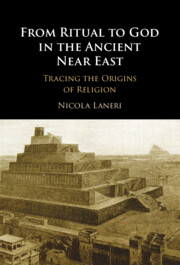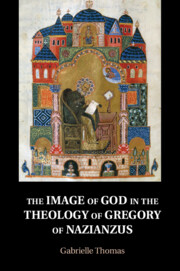Why do people in churches exclude, alienate, and even abuse others? Acknowledging the need for many ways of addressing this question, insights from the study of language have been explored, creating a synthesis from the ways in which ideology and language are related, an adaptation of Judith Butler's exploration of our constitution in language, understandings within the discipline of psycholinguistics, and insights from Wittgenstein's philosophy of language. This synthesis shows how words to and for the divine influence our behaviour to each other and indicates that the traditional words of male hierarchy uphold an ideology that seeks to maintain power structures, with behaviours that exclude, alienate, and even abuse fitting within these structures. The synthesis demonstrates both the need for and possibility of change from the traditionally used words to and for the divine.

